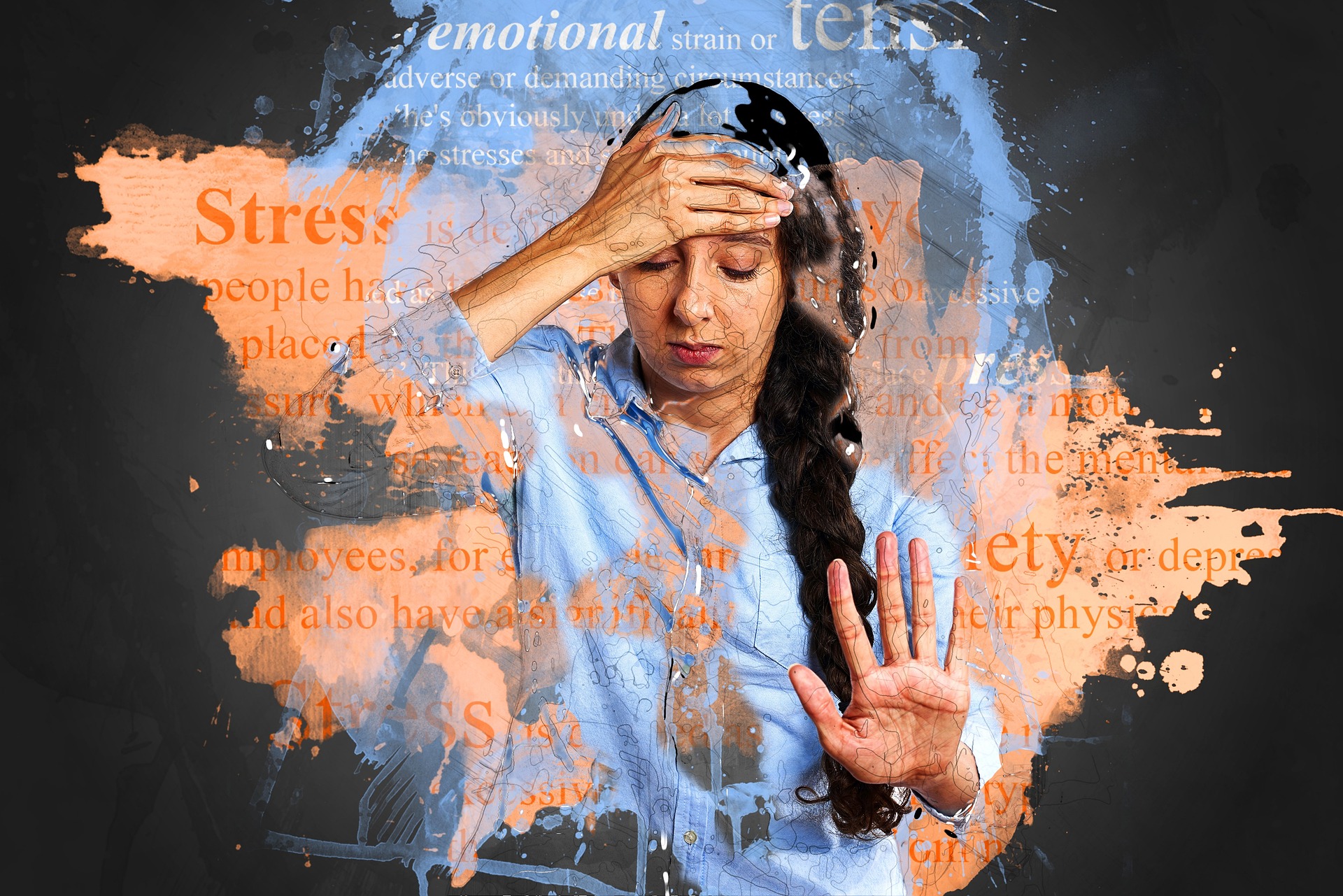
How to Survive Stress
The use of alcohol and other drugs is frequently justified by and motivated by the need to de-stress. Most people’s lives have become increasingly stressful as we are bombarded with information, struggle to keep up with inflation, or are asked to do increasingly more in the workplace. While drinking or using other drugs may provide short-term relief, it is not effective in the long run and you would not want it to be the only tool in your toolbox.
Here are some stress coping suggestions to ease your overload:
- Avoid too many changes in too short a time. Changes (both positive and negative) rate high on stress scales.
- Beware of the “shoulds.” — “I should manage to do everything well.” What really happens if you don’t?
- Practice accepting what you cannot change.
- Get enough sleep and rest.
- Take one thing at a time and pace yourself.
- Develop recreational pursuits. Exercise and competition often work out physically what you can’t work out intellectually.
- Give in once in a while if your stress is centered on your relationships with others. Let go of your need to always be right.
- Remember that traditions can help create stability in time of change and stress – for you and your family.
- Prepare yourself to block interruptions. Think ahead of responses to use when you are busy and don’t want to be interrupted.
- Plan ahead to reduce the probability of unwanted surprises.
In Conclusion
In coping with stress, it’s crucial to avoid relying solely on substances, and to instead incorporate healthy habits like adequate rest, prioritizing tasks, and fostering strong relationships. Additionally, embracing traditions, planning ahead, and accepting situations beyond your control can contribute to a more balanced and peaceful life.
